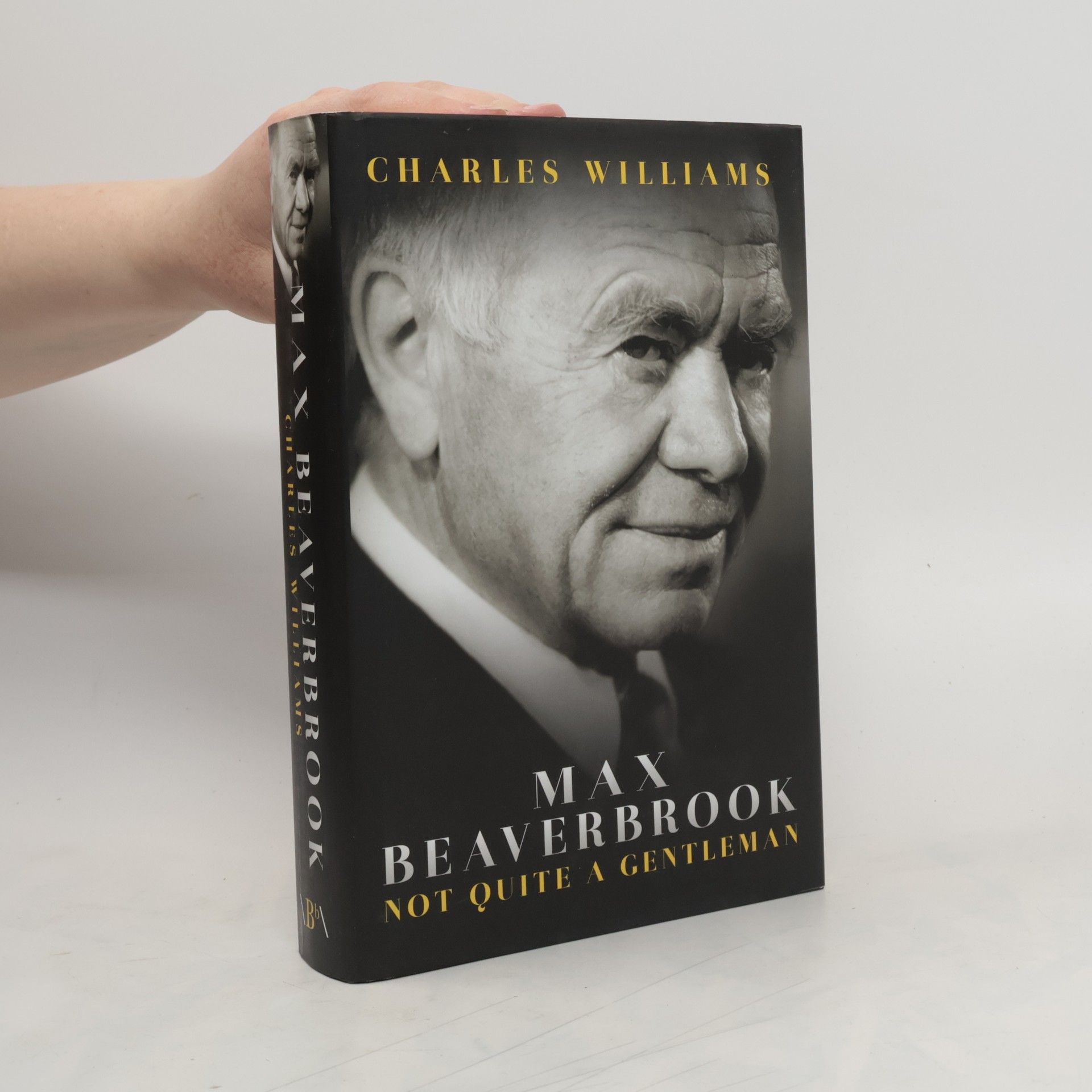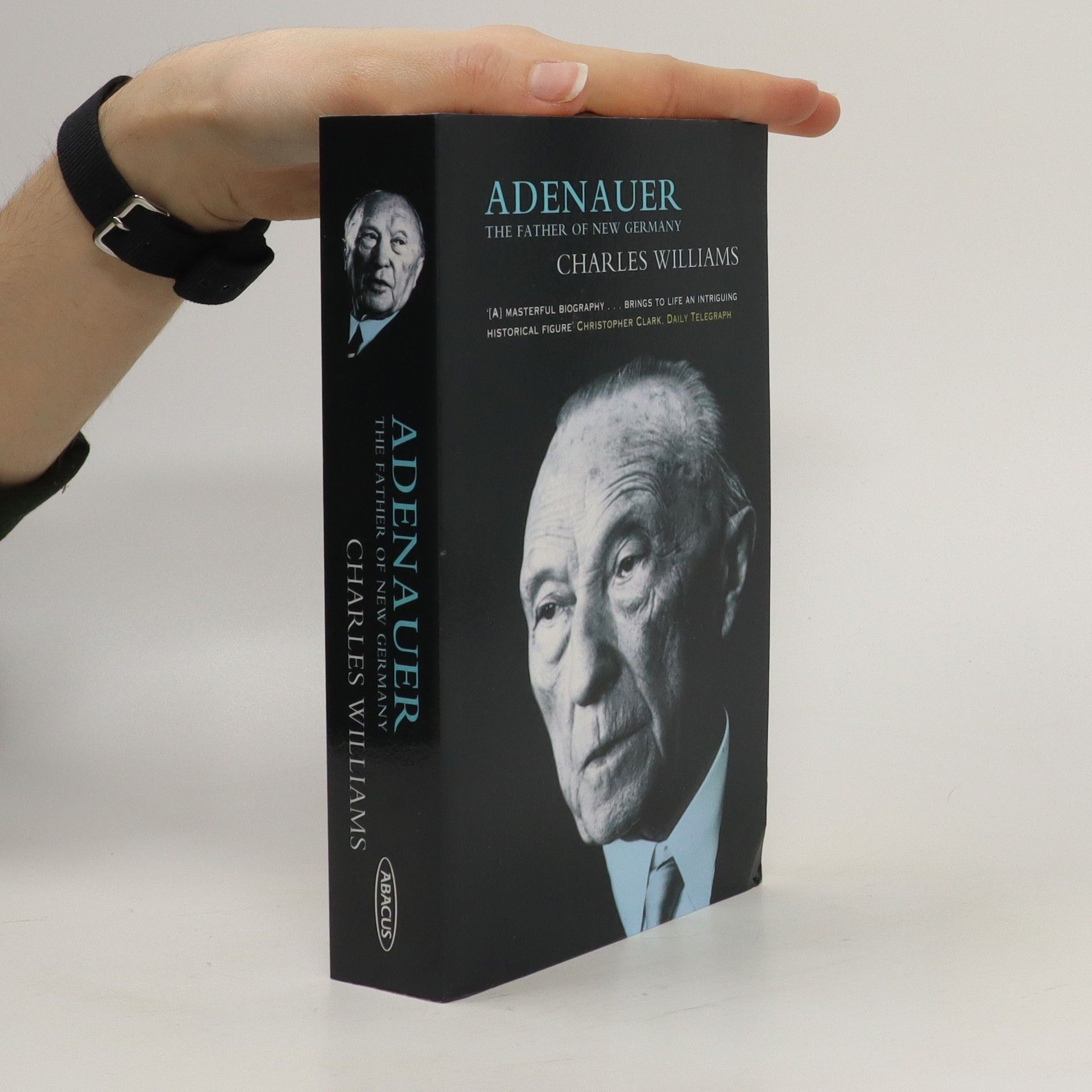50 BestSellers Serie Negra: El arrecife del escorpión
- 191 páginas
- 7 horas de lectura
Al aceptar el trabajo inseguro y peligroso que le ofrece aquella rubia impresionante de aspecto nórdico, Manning sabe que se juega la vida; y a los pocos días tiene la seguridad de que sus patrones, una banda de gángsteres, están dispuestos a matarle en cuanto deje de serles útil. Y todo ello a cambio de la remota posibilidad de convertirse en propietario del balandro en el que navegan por el Golfo de México y, tal vez, del amor de una mujer. La grandeza de El Arrecife del Escorpión parece no tener discusión. Es una novela sobria, cargada de vitalidad y profundamente original. Su trepidante ritmo narrativo, su sentido de la aventura y de la intriga, el insólito escenario marino en que se desarrolla, su profunda historia de amor, el inesperado desenlace, todo contribuye a crear una historia en que los personajes, despojados de su personalidad literaria, alcanzan a dar un estremecedor y fidedigno testimonio de violencia. Tiene esa contundencia y esa pureza de los grandes maestros norteamericanos de la novela negra.



